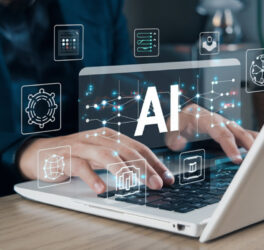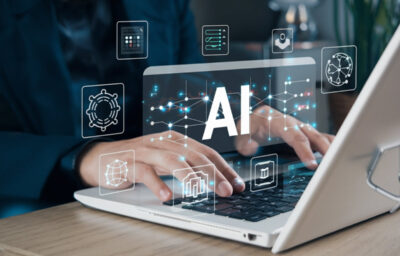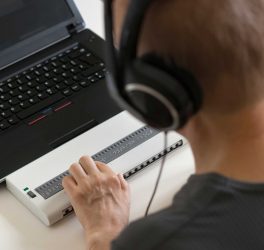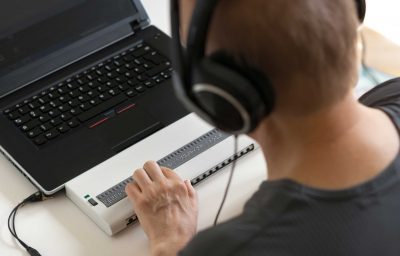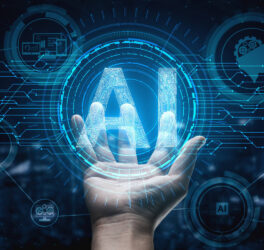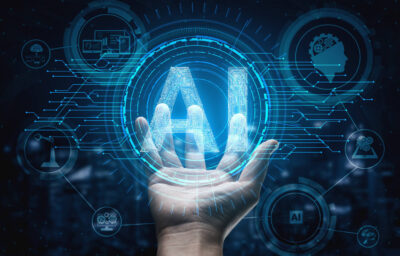
The Central University of Kerala is developing an automatic sign language recognition system for people with hearing disabilities.
The computer science department at the university in India has been working on the system since 2016, and researchers had obtained a patent for the position adjusting device for the camera capturing sign language.
Research scholar Adithya V. and Prof. R. Rajesh said they were on the verge of completing the project.
“The system is expected to help people with hearing disabilities interact with others without interpreters”, said Prof. Rajesh.
“During our visits to schools, we realised that children with hearing disabilities could not communicate with us without an interpreter. This gave birth to the idea of developing a product that can recognise sign language and immediately communicate by interpreting it,” said Prof. Rajesh.
Explaining the product features, Ms. Adithya said an algorithm that recognises hand movements and postures had been developed. The system then interprets sign language through a loudspeaker.
She added that the product would soon be available for people.

